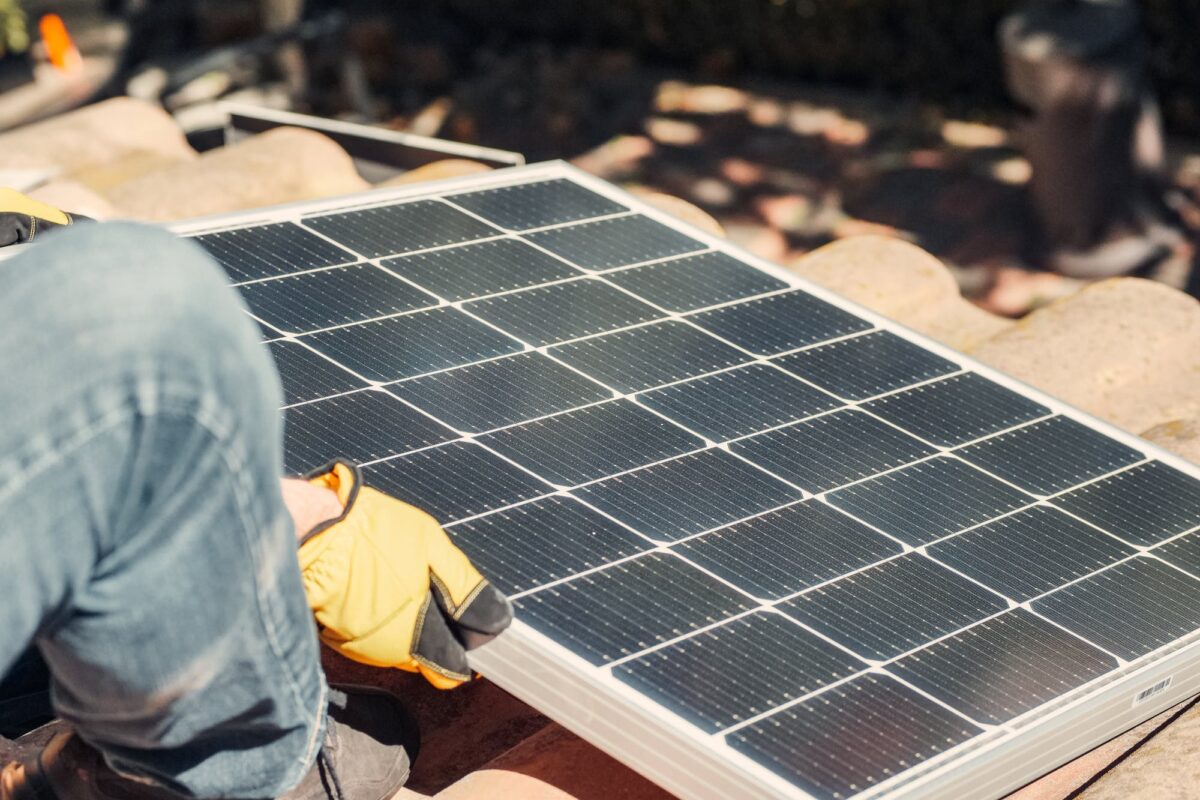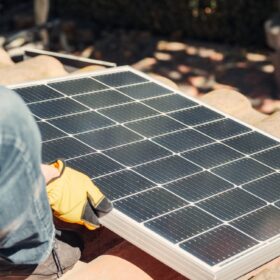A trio of partners plan to test using recycled electric vehicle batteries for solar energy storage. By September 2022, the partners plan to install the system for testing.
The companies that signed the memorandum of understanding include OCI Solar Power, a utility-scale solar energy developer; CPS Energy, the electric and natural gas utility serving San Antonio, Texas; and Hyundai Motor Group, the South Korean mobility company.
The energy storage system (ESS) will be developed by Hyundai. OCI Solar Power will secure at least some of the ESS components and supervise construction, and CPS Energy will operate the system. The partners pledged to share data from the project.
In announcing the agreement, the partners said that after 7-10 years, a lithium-ion battery used in an EV may no longer be as efficient as needed for that use. However, the same battery may be recycled for use in an energy storage application.
Through the program, Hyundai Motor Group will test the effectiveness of the ESS business model in North America. It said it plans to graft hydrogen energy to the battery system to provide greater flexibility against volatility in the U.S. electricity market.
In August, global safety science leader UL and Hyundai Motor signed a memorandum of understanding to help further the safe deployment and use of second-life battery energy storage systems. The two said their work would include safety testing and assessment, a North America demonstration project, and evaluation process development. They said they intend to use their worldwide presence to further second-life battery energy storage system market adoption.
This content is protected by copyright and may not be reused. If you want to cooperate with us and would like to reuse some of our content, please contact: editors@pv-magazine.com.









By submitting this form you agree to pv magazine using your data for the purposes of publishing your comment.
Your personal data will only be disclosed or otherwise transmitted to third parties for the purposes of spam filtering or if this is necessary for technical maintenance of the website. Any other transfer to third parties will not take place unless this is justified on the basis of applicable data protection regulations or if pv magazine is legally obliged to do so.
You may revoke this consent at any time with effect for the future, in which case your personal data will be deleted immediately. Otherwise, your data will be deleted if pv magazine has processed your request or the purpose of data storage is fulfilled.
Further information on data privacy can be found in our Data Protection Policy.